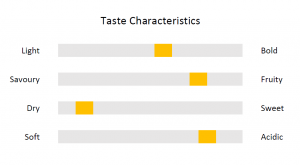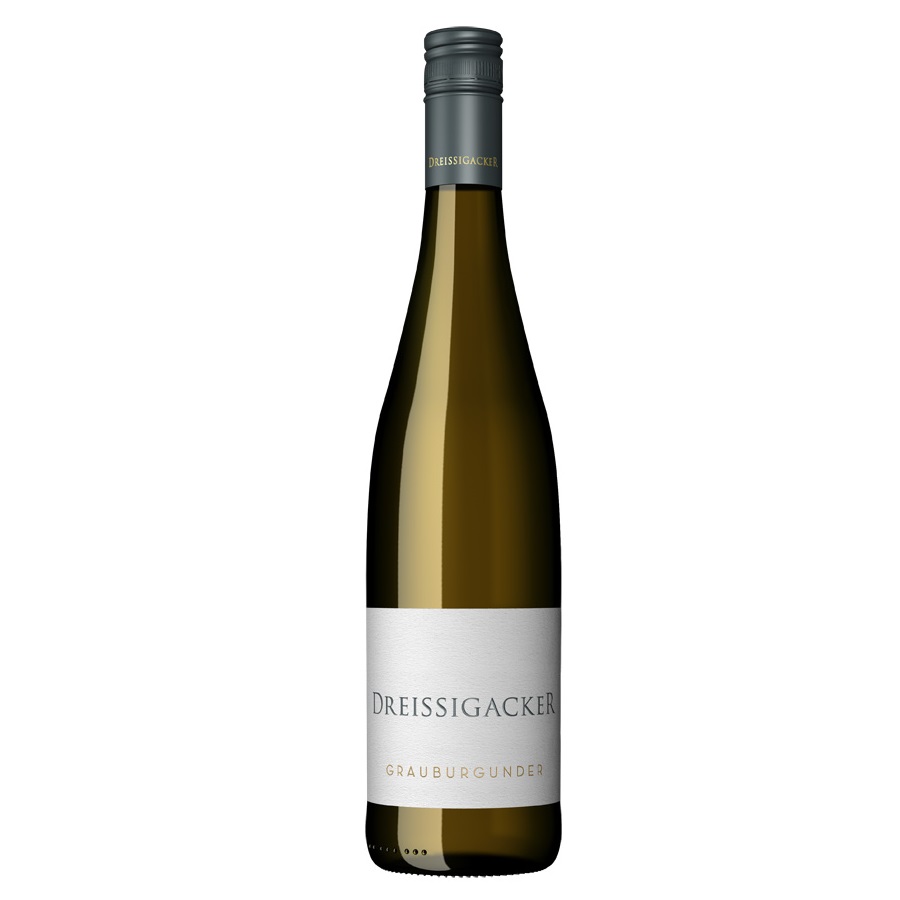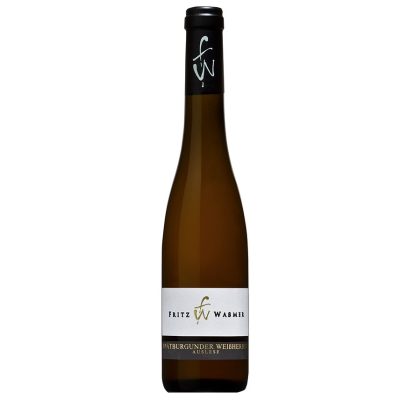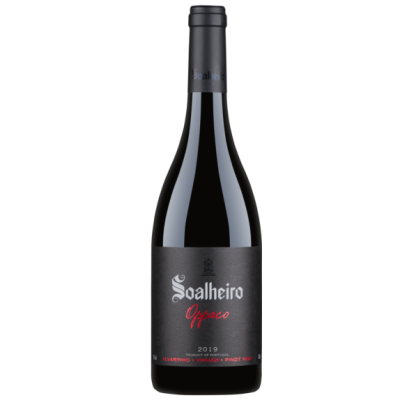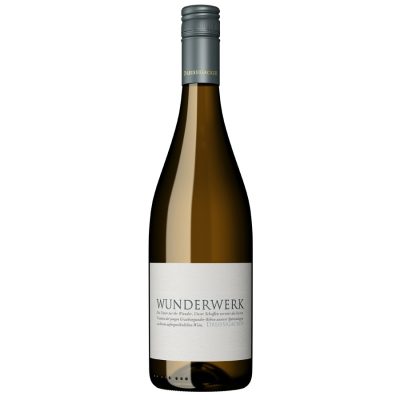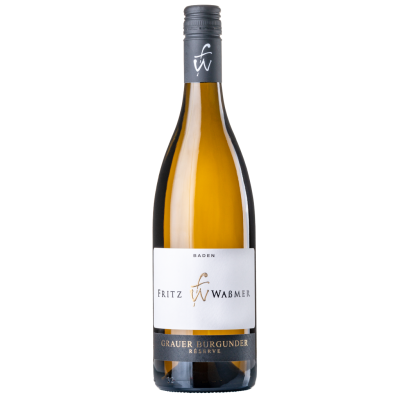Related products
You may also like…
Description
Vintage
The fact that the vines in Rheinhessen sprouted later than usual in 2021 can be seen as a stroke of luck, as it meant that they were spared the night frosts in April. Also, partly due to the fungal pressure caused by the wetness, the winegrowing year differed from the three hot and dry previous years. The late start of the harvest in mid-September compared to previous years was a
fortunate coincidence, as sunny days in September contributed decisively to the harvesting of a very appealing vintage.
Ripening in the cool produces fruity wines that offer a wide range of aromas even with moderate alcohol content. In addition, there is a fresh acidity – one of the main characteristics of German white wines.
Wine
The grapes for the Pinot Gris come from organically farmed vineyards around Bechtheim and Westhofen and were selectively harvested by hand into small standard containers. Dreissigacker’s conviction that all wines should be bottled as gently as possible is also reflected in this estate wine: the grapes were transported without pumps and exclusively by means of gravity.
Grapes were spontaneously fermented and aged 70% in stainless steel and 30% in tonneau and barrels. First the wine was stored on the full yeast for four months. It then rested on the fine lees until it was bottled.
Due to the expansion in stainless steel barrels, the fruit and complexity of the Pinot Gris are preserved. The wood content gives it strength and character while ensuring harmony.
Cod ceviche with baked sweet potatoes or a veggie bowl with millet, lukewarm goat cheese and pomegranate are recommended as food pairings. Both dishes underline the fine fruit aromas and the spiciness of the wine and harmonize perfectly with the Dreissigacker Pinot Gris. Certified Vegan and Organic.
Region
Rheinhessen is a very famous wine region in Germany, located in the state of Rhineland-Palatinate. It is one of the country’s 13 official wine regions and is known for its rich winemaking history and high-quality wines. Rheinhessen is the largest wine-producing region in Germany, covering an area of approximately 26,500 hectares of vineyards.
Rheinhessen lies to the west of the Rhine River and is bordered by the Nahe wine region to the northwest and the Pfalz wine region to the south. The region’s landscape is characterized by gently rolling hills and a temperate climate that is influenced by the river.
Climate & Terroir
Spring in Rheinhessen tends to be cool, which can be challenging for the early growth of grapevines. Frosts can occur in spring, posing a risk to the young buds.
Summers in Rheinhessen are generally warm, allowing the grapes to ripen and develop their flavors. However, the presence of the Rhine River and its cooling effect helps to prevent extreme heat waves.
The region benefits from a relatively long growing season, allowing the grapes to reach full maturity. This extended ripening period contributes to the development of complex flavors and balanced acidity in the wines.
The region’s moderate climate with warm days and cool nights in autumn is particularly favorable for the late ripening grape varieties like Riesling. This combination helps the grapes retain acidity while achieving sufficient sugar levels, leading to the production of high-quality wines.
Ideal drinking temperature 11° Celsius.
